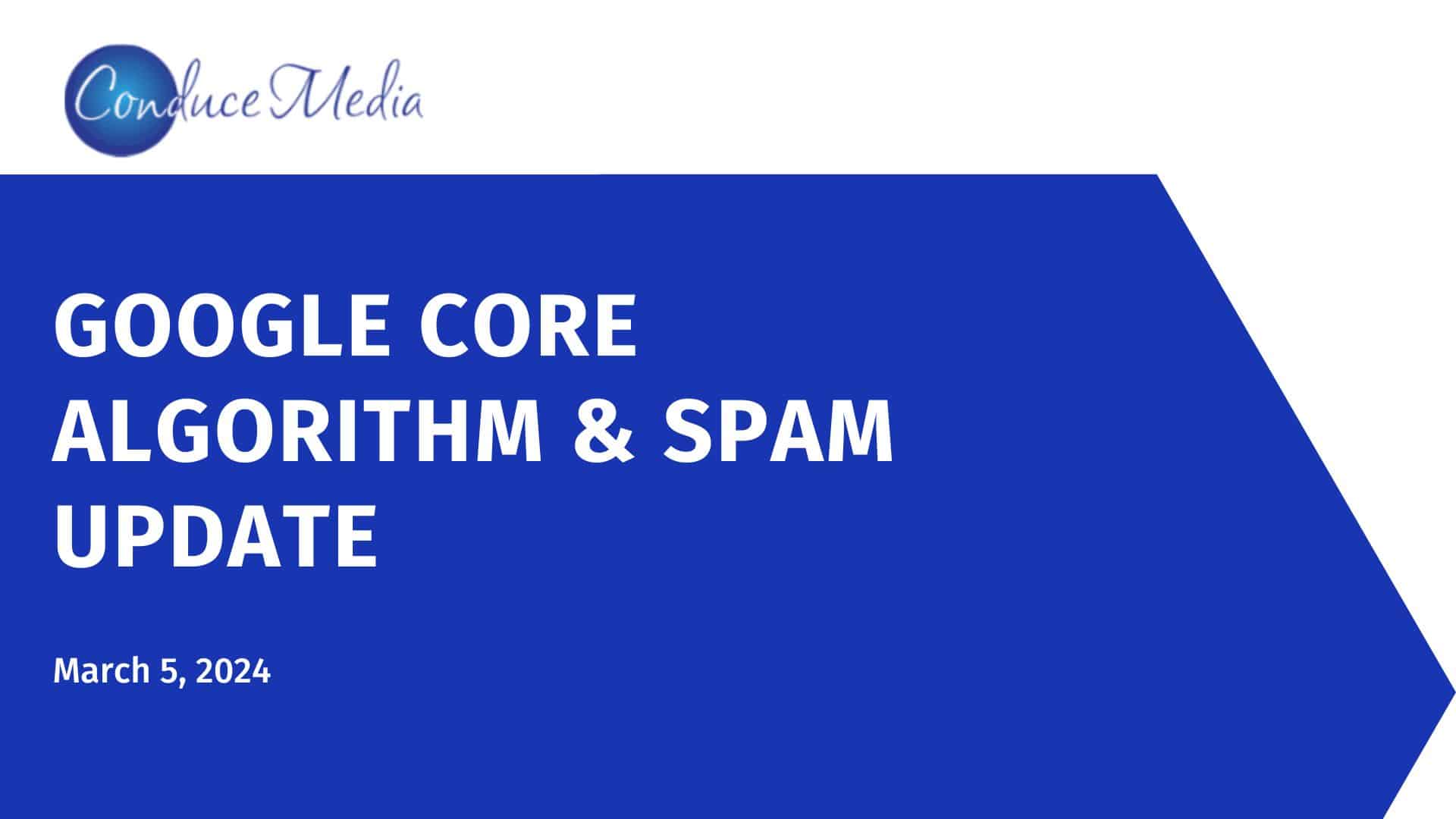On Tuesday, March 5, 2024, Google announced a core algorithm update and a spam update. There is also an update to the spam policies.
Google releases core algorithm updates to improve its users’ search experience and fight spam.
What’s New in The March Google Core Update?
There are 3 new mentions in the March 2024 Google core update. These are expired domain abuse, scaled content, and site reputation abuse.
Google knows that website owners have been using these tactics to rank websites high on Google, even with low-quality content.
There has been a lot of buzz lately with Google rewarding user-generated content on forums like Reddit. Apart from that, top news websites have been promoting products and selling paid posts, which has helped these low-quality posts rank high.
Let’s dive deeper into what Expired Domain Abuse, Scaled Content, and Site Reputation Abuse are.
1. Expired Domain Abuse
Expired domain abuse is the practice of registering domains that have recently expired to leverage their established trust and backlink profile. This abuse takes advantage of the domain’s existing reputation to create pages and rank them high on Google.
For example, Imagine there was a popular celebrity who recently passed away. For years, the domain name for this celebrity attracted backlinks from top websites like BBC, Forbes, Huffington Post, etc. Now, since the celebrity passed away, their domain name has expired.
Now, an affiliate marketer who makes money by recommending top weight loss pills to readers purchases this domain creates a new website and starts writing about weight loss pills. Since this domain has good backlinks, the Google algorithm assumes it’s the same website and gives it all the love. This results in the new website ranking for terms related to weight loss pills. The new website has nothing to do with the celebrity.
I raised this question about four years ago with John Mueller in Google after-office hangouts. The answer I got then was that I should look at the other reasons why such websites rank and it may not be just because of the backlinks.
Personally, I don’t think even with this update, Google will be able to fix this completely. Get in touch with me if you are interested in seeing examples of Expired Domain Abuse.
2. Scaled Content
Scaled content is the production and distribution of large volumes of content across various platforms and formats, often using automated tools or processes to reach a wide audience efficiently. This approach aims to maximize online visibility and engagement by creating content at scale.
With the rise of AI writers, it has been easy to create content at scale. There are tools available where you can feed in some basic commands, and the tool will give you hundreds of articles written by AI.
To take things further, some of these tools can also automatically upload such content to platforms like WordPress and add AI-generated images. This means you have a website updated daily without any human involvement.
I have experimented with such tools and haven’t seen good results with any of them. Yes, you can create and upload hundreds of articles, but the quality is not great, and such articles will rarely rank.
As per my experience, such websites get favoured by Google algorithms because of their freshness. Google loves new content, and the speed at which these websites create new and unique content helps them to rank and get traffic.
Again, these are mainly churn and burn websites, and the Google algorithm has been able to penalise them after about 3-4 months.
With this update, maybe the algorithm is even stronger and may penalise these websites as soon as possible.
3. Site Reputation Abuse
Site reputation abuse involves manipulating search engine algorithms by leveraging reputable websites’ established trust and authority to promote low-quality or malicious content, negatively impacting search rankings and user trust. This mainly involves creating deceptive pages that mimic these trusted sites to gain unwarranted search visibility.
News websites have been abusing this for some time now. News websites get many backlinks naturally, enabling them to achieve a high page rank. The brand’s reputation and website’s freshness also work in their favour; most pages from such websites rank high on Google.
If we search for anything with the word “best” or “reviews” in it, the News websites will rank high. Google has been working on this, and we are seeing improvements. Hopefully, this update will take care of this completely.
I discussed this with my colleague about a year ago when the helpful content was released. Again, there have been improvements from Google’s end, but not 100% yet. Here’s the video.
Final Thoughts
The engineers at Google are working very hard to fight spam and improve the search experience. What I have experienced is that these things take a lot of time. SEOs and website owners must be patient to be rewarded by such algorithm updates.
I always tell people that if your website gets negatively affected by a Google update, do not jump and start making changes. Wait for about 2-3 weeks because there will be corrections.

